The intersection of Artificial Intelligence (AI) and law represents one of the most transformative frontiers in both fields. As AI technologies advance at an unprecedented pace, their implications for legal systems, institutions, and practices become ever more profound. This edited volume seeks to explore these intersections, offering insights from a diverse range of perspectives to help readers navigate the rapidly evolving landscape of AI and law.
The integration of AI into legal practice presents both opportunities and challenges. From predictive analytics in legal research to automated decision-making in judicial processes, AI has the potential to enhance the efficiency, accuracy, and accessibility of legal services. However, these advancements also raise critical questions about the role of human judgment, the protection of fundamental rights, and the need for regulatory frameworks that can keep pace with technological innovation.
This book is a compilation of contributions from leading scholars, practitioners, and policymakers who have critically examined the legal implications of AI. Each chapter delves into key issues such as the ethical considerations of AI in legal contexts, the impact of AI on legal education, and the potential for AI to reshape traditional legal doctrines and practices. Through these analyses, the authors provide a comprehensive overview of the current state of AI in the legal field, as well as a roadmap for future developments.

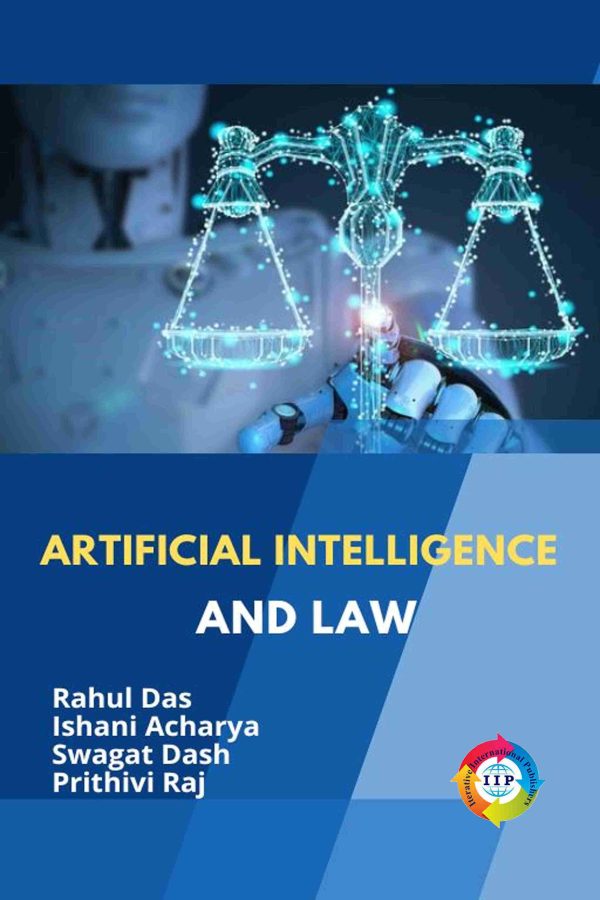
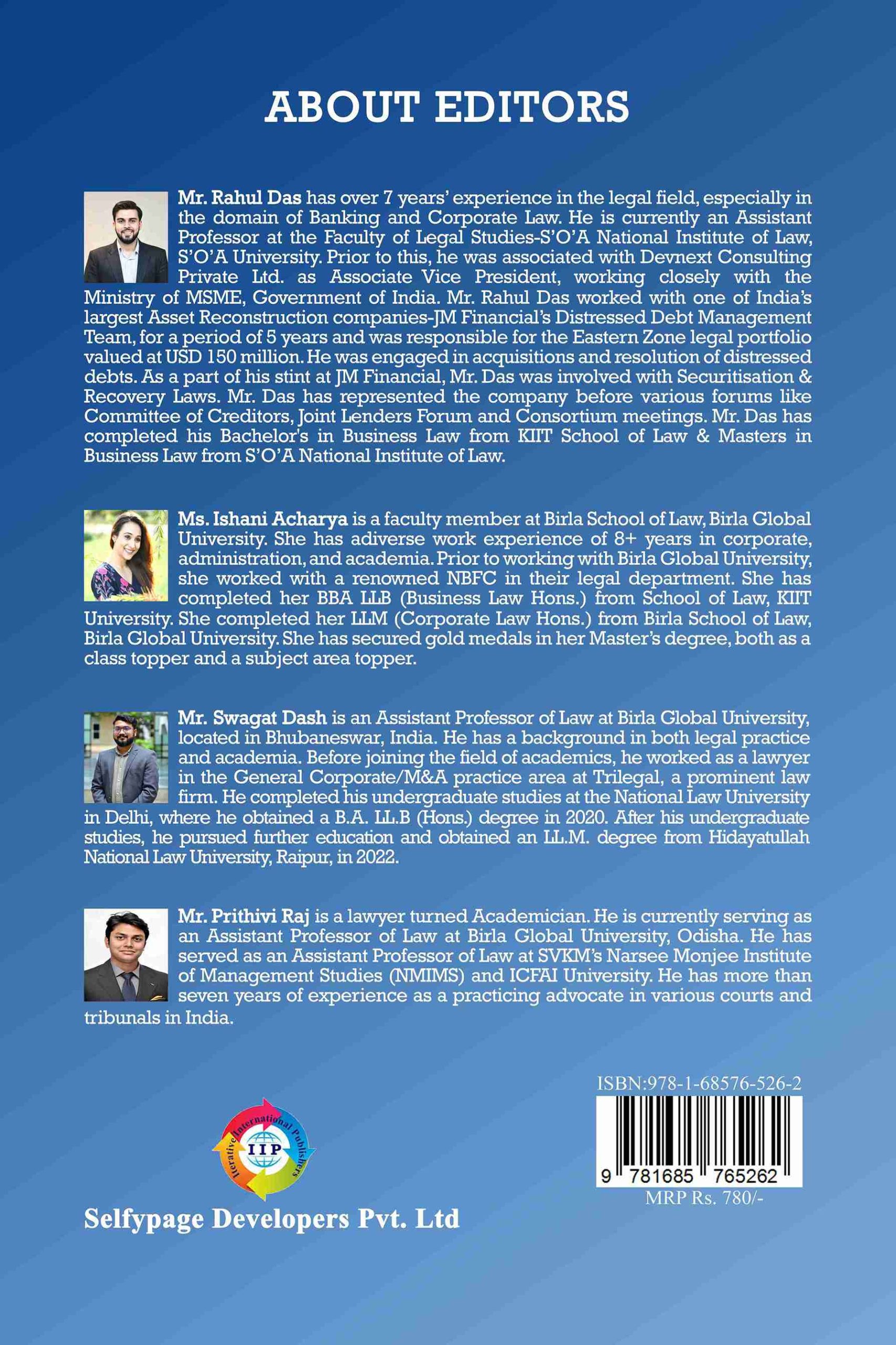
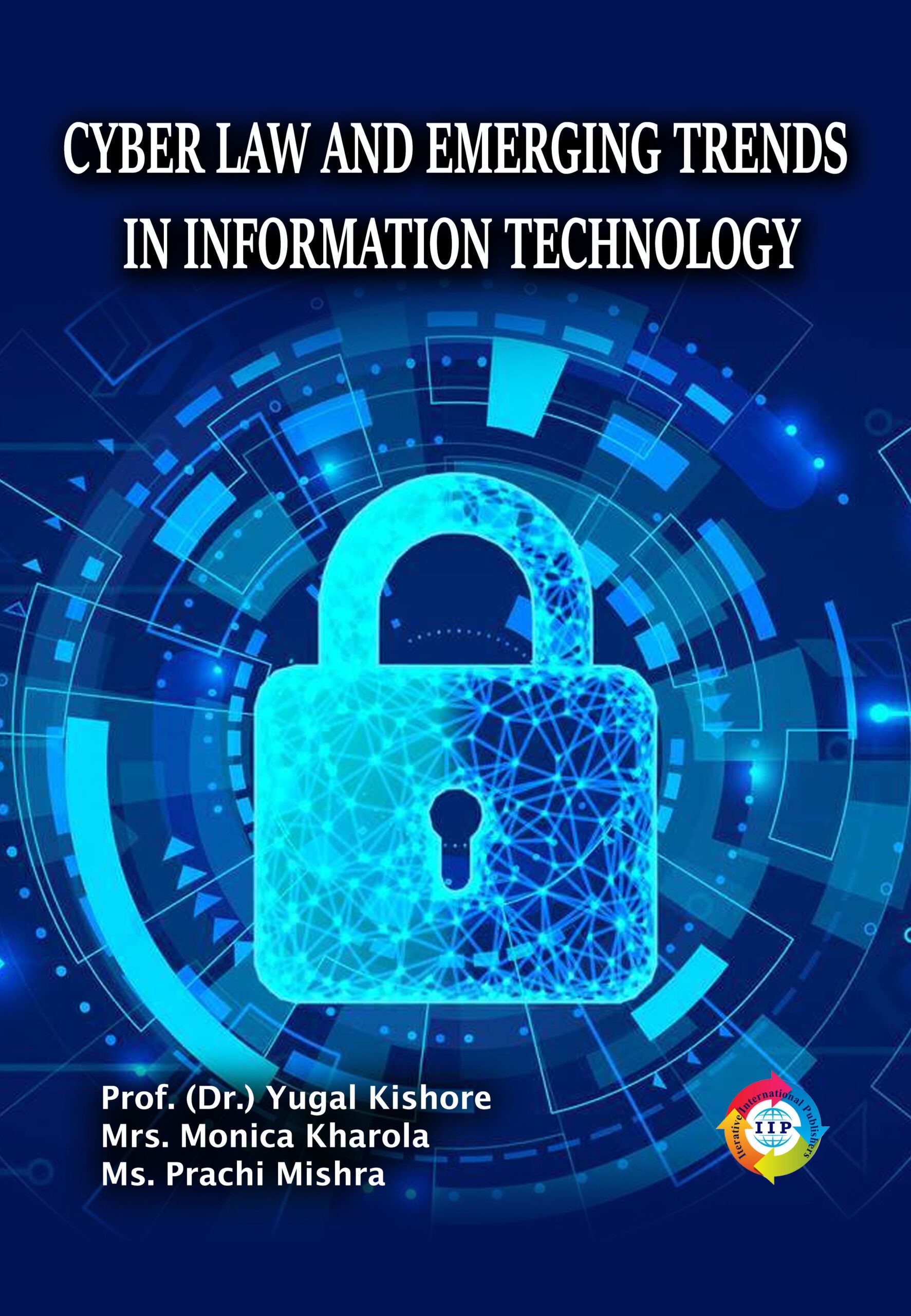
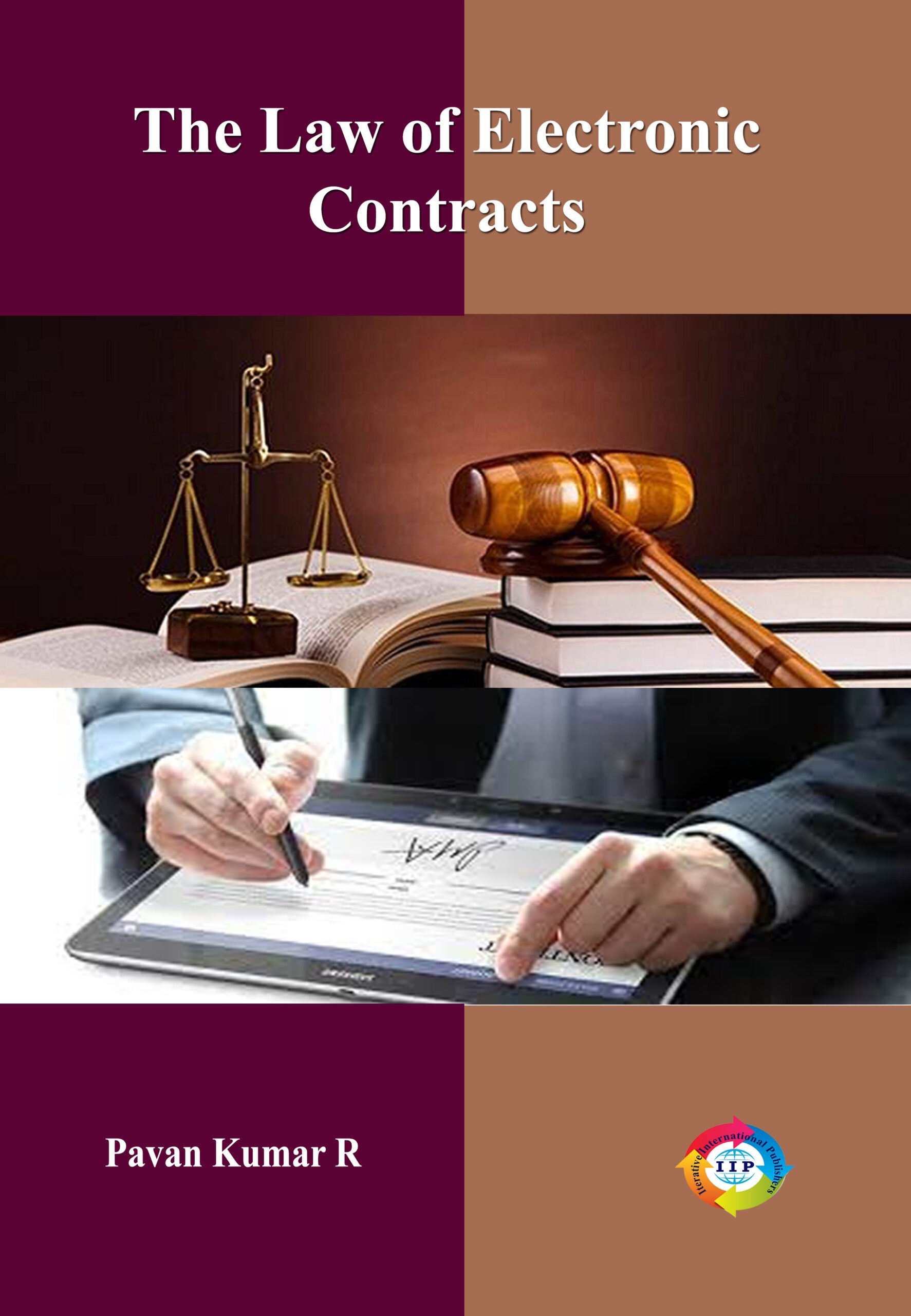

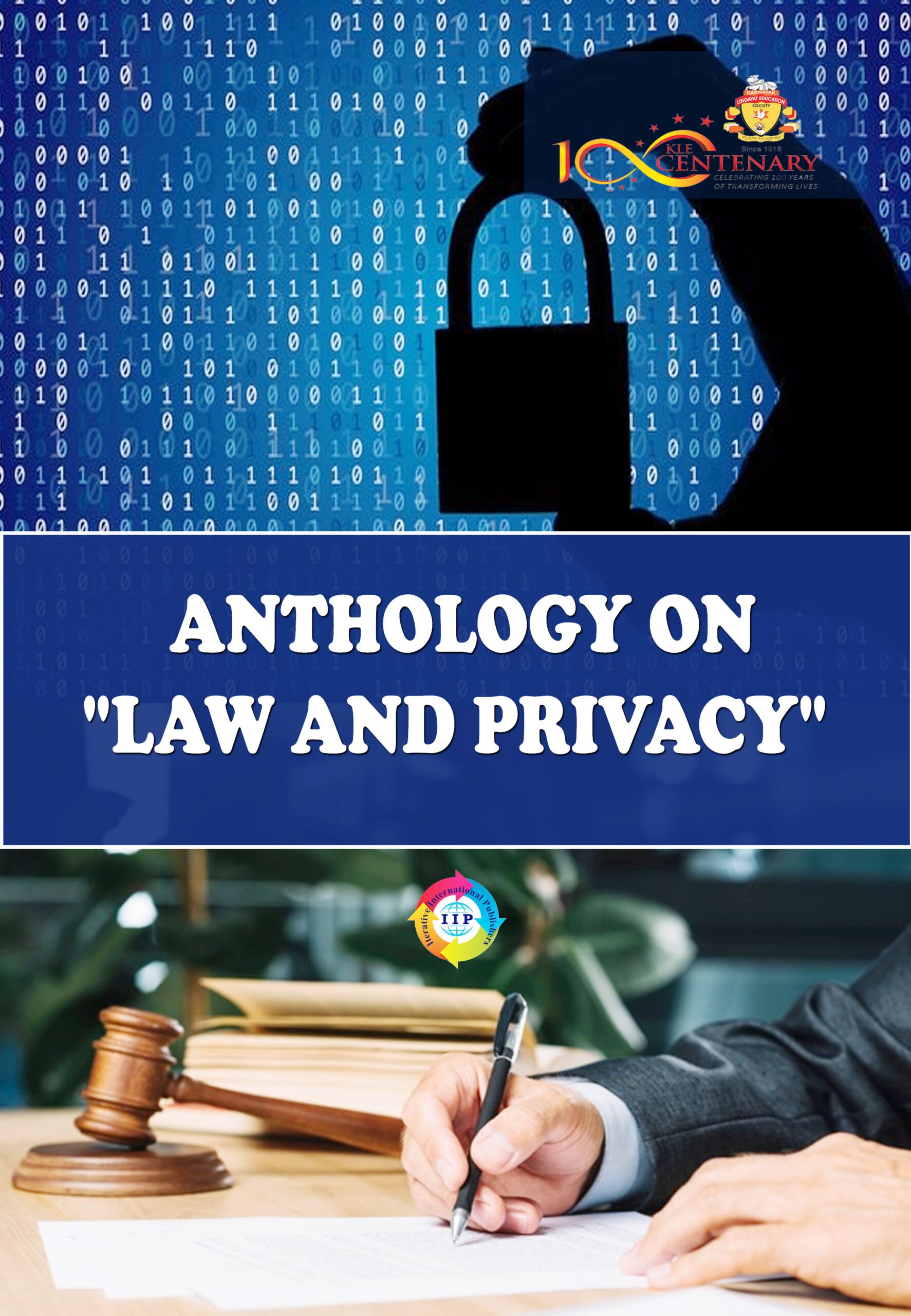


Reviews
There are no reviews yet.